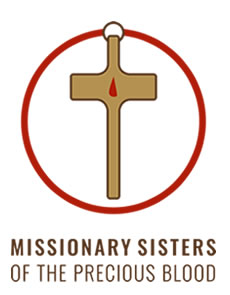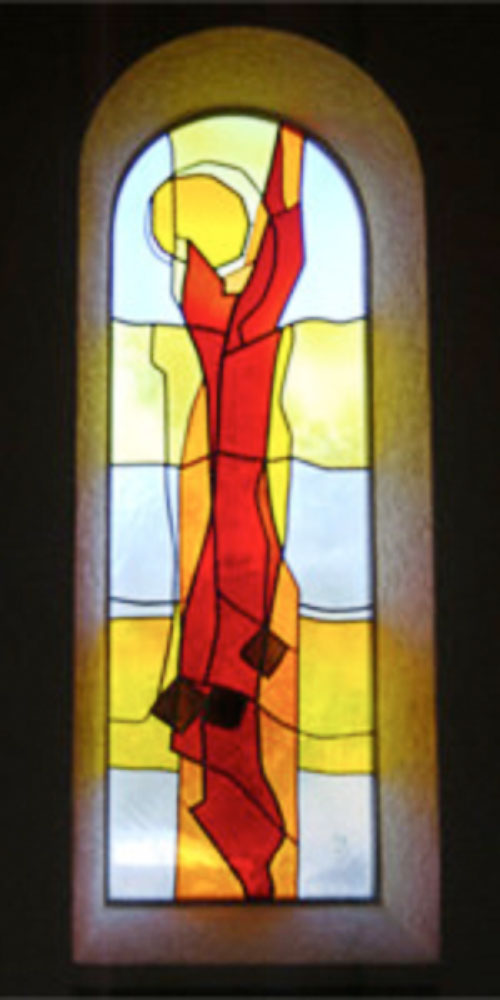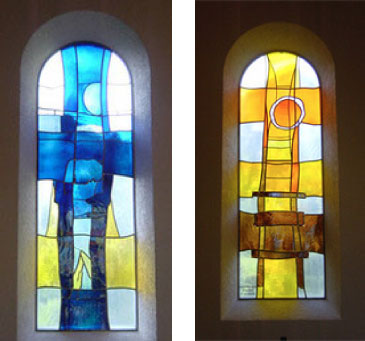Vows
Why do you not marry? Why do you not have children?
We are often asked these questions - usually with some amazement and also a certain doubt whether such a way of life is still up-to-date today. Any attempt to find an answer can only succeed if we can start from a precondition: God has an infinite longing for us human beings, for each individual - and we have a deep longing for Him.
Through the celebration of the vows - chastity, poverty and obedience - we give ourselves completely to God; we make a covenant with Him, so to speak. It can be difficult for outsiders to understand the deeper meaning of the vows, since at first glance they seem to be rather a limitation and a restriction of personal freedom.
But again, what we have already described under the heading of "religious life" applies here as well. Vows mean renunciation, yes; they are not always easy to live -
yet it is too little to determine them only from the negative side. Vows are much more and are much deeper than just "not allowed", "to renounce", "to be abstinent", "to obey", "can't own property," etc. Vows are a way of following Jesus, which is no better or worse than any other way of life.
The individual vows and their meaning:
The vow of poverty - an invitation to let go
The vow of poverty speaks of our longing to give God first place in our lives. | More |
The vow of chastity - an invitation to surrender
The vow of chastity is perhaps the most difficult vow to understand. It speaks of God's love for us and of our love for God. | More |
The vow of obedience - an invitation to accept
Just like the other vows, the vow of obedience is an invitation to real freedom - and here too the life of Jesus is our model and example. | More |



